
Nizwa – Grape cultivation in the village of Tanuf in Dakhliyah is emerging as a promising model for food security and agricultural innovation in Oman. With increasing support from Ministry of Agriculture, Fisheries and Water Resources (MAFWR), grape farming is showing notable growth both in yield and ambition. Launched on a 1.5 acre plot, the […]
Nizwa – Grape cultivation in the village of Tanuf in Dakhliyah is emerging as a promising model for food security and agricultural innovation in Oman.
With increasing support from Ministry of Agriculture, Fisheries and Water Resources (MAFWR), grape farming is showing notable growth both in yield and ambition.
Launched on a 1.5 acre plot, the vineyard began with 1,000 grape seedlings. This season, it produced three tonnes of fruit, with output expected to rise in the next harvest as more vines mature. The farm benefits from technical supervision and regular agricultural consultations provided by MAFWR.
Farmer Issa bin Saif al Riyami said the first phase of his vineyard cost more than RO16,000, included setting up the farm, installing modern irrigation systems, constructing trellises, building seedling nurseries and other operational expenses.
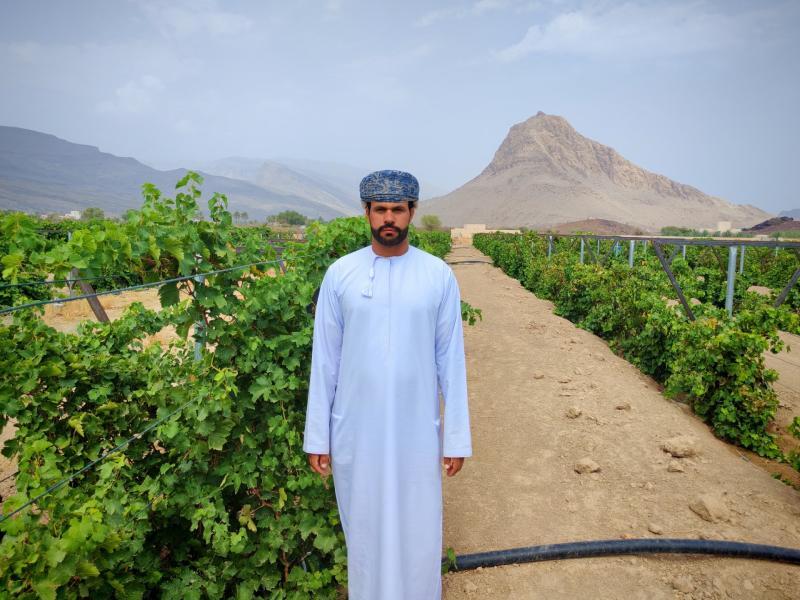
To ensure quality and adaptability, grape seedlings were sourced from Syria, Lebanon, Italy, Spain and Finland. According to Riyami, the aim was to select varieties best suited for local climatic and soil conditions, with high production potential and strong resistance to pests.
“The soil in Tanuf offers ideal conditions for grape cultivation,” he said. “The area’s fertile environment and moderate climate make it a key location for this crop in Oman.”
Riyami’s focus, however, goes beyond farming. He views the vineyard as part of a broader strategy to enhance national food security through high-value, sustainable agricultural ventures. His farm also aims to support employment and modernise traditional farming practices by adopting best agricultural techniques.
MAFWR has overseen the vineyard since its early stages, monitoring its development and offering guidance. The grapes are now sold in local markets at RO2/kg.
Looking ahead, Riyami plans to double the vineyard’s size and introduce improved grape varieties. He also intends to establish sorting and packaging units to enhance quality control and presentation. Expansion into grape processing – such as juices, raisins and other byproducts – is under consideration.
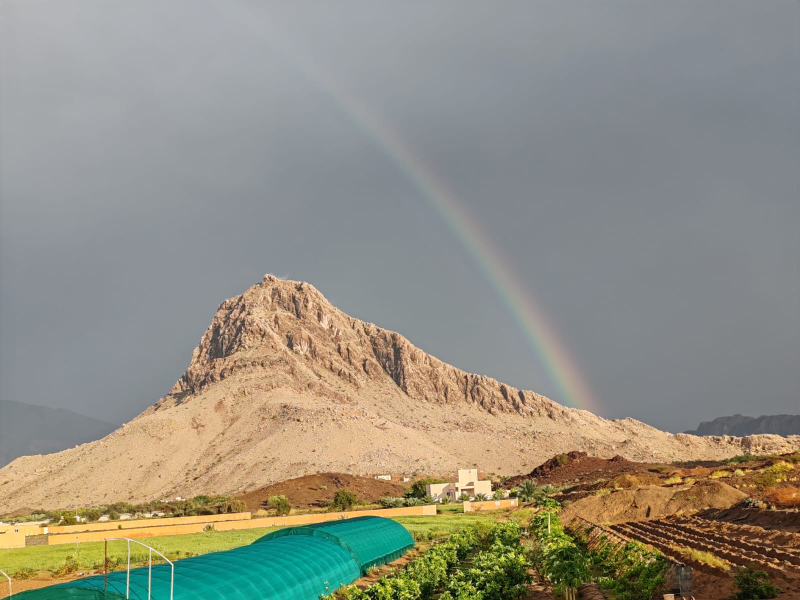


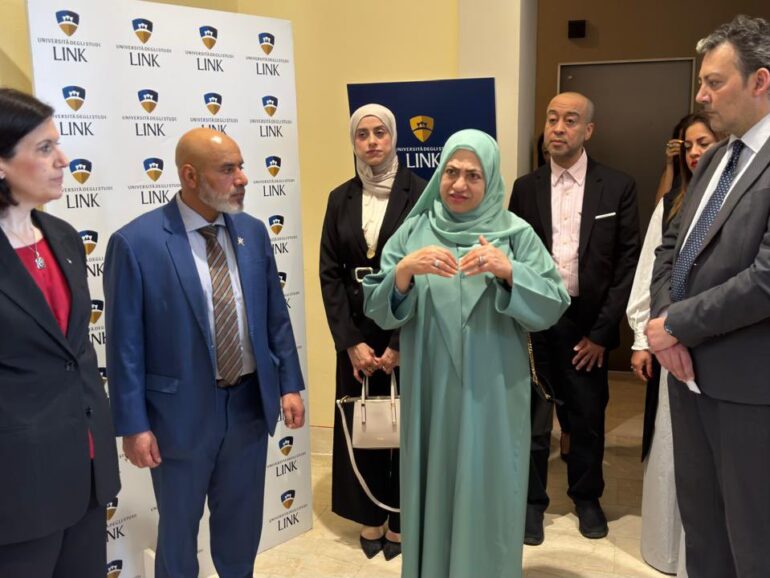 Oman’s Higher Education Minister explores academic partnerships in Italy
Oman’s Higher Education Minister explores academic partnerships in Italy
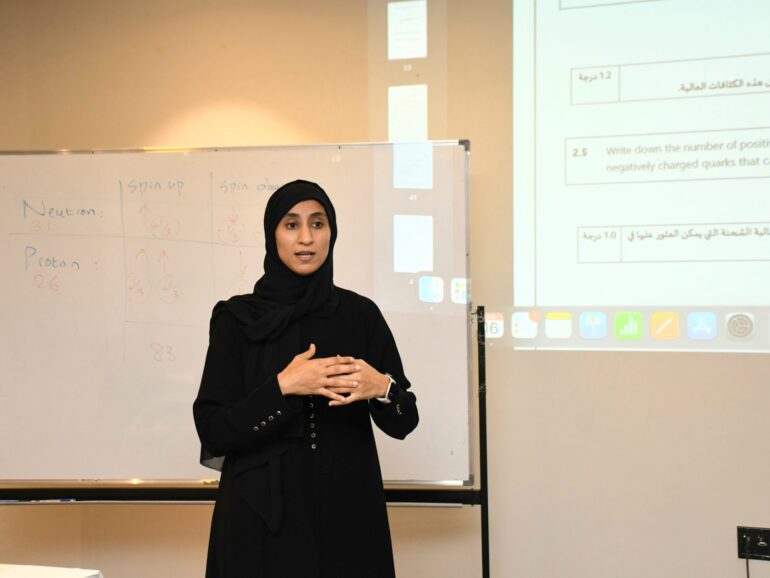 Oman launches training camp for International Nuclear Science Olympiad
Oman launches training camp for International Nuclear Science Olympiad
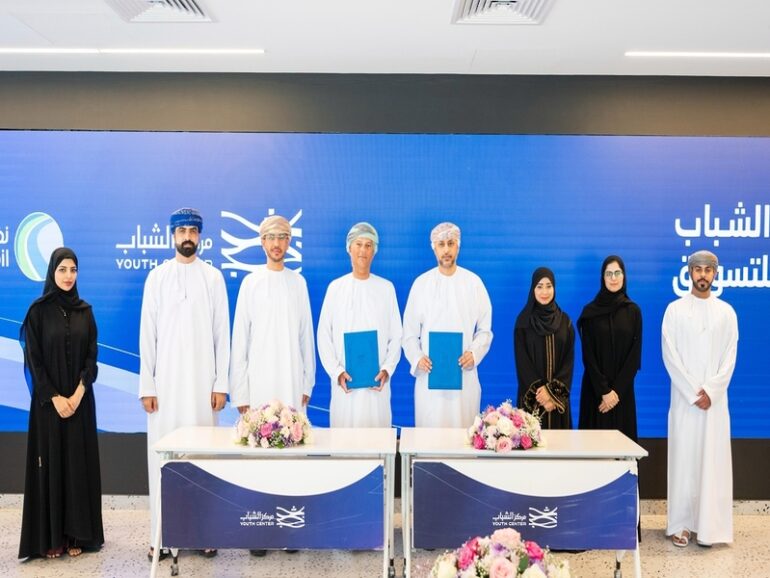 Youth Centre Partners with OOMCO and Nikon to empower Omani freelancers and photographers
Youth Centre Partners with OOMCO and Nikon to empower Omani freelancers and photographers
 Sultanate of Oman strongly condemns Israeli attacks in Syria
Sultanate of Oman strongly condemns Israeli attacks in Syria
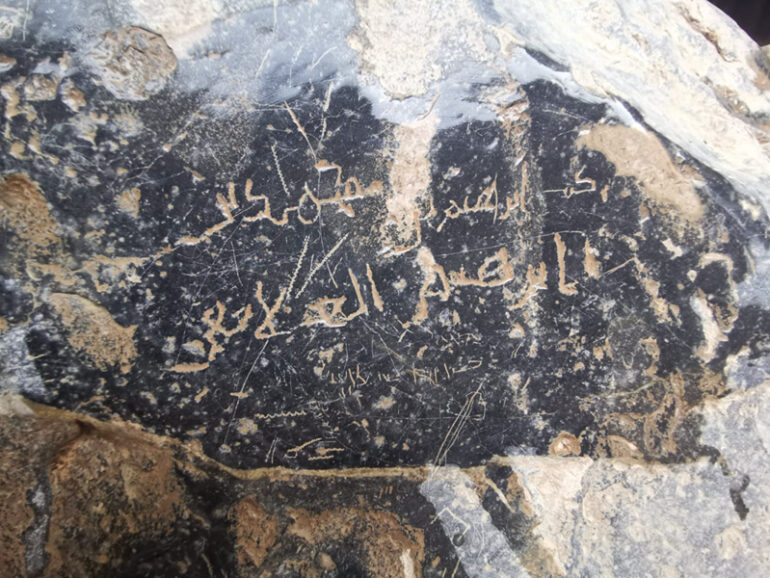 Oman’s rock inscriptions reveal a forgotten world
Oman’s rock inscriptions reveal a forgotten world
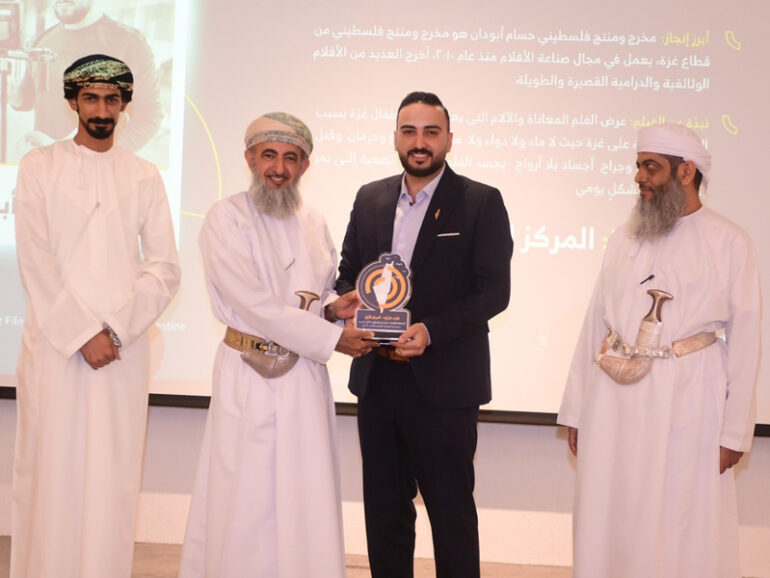 Oman hosts film contest dedicated to Palestine
Oman hosts film contest dedicated to Palestine